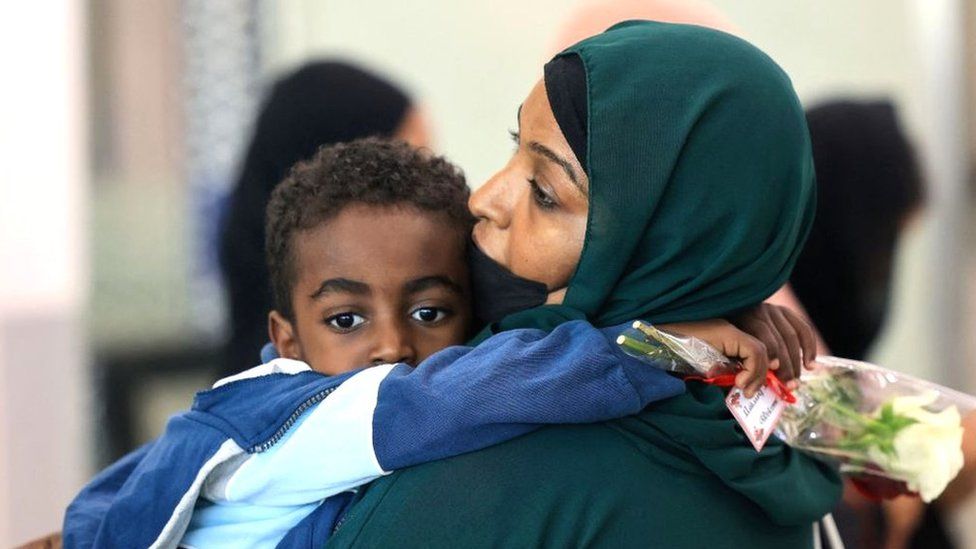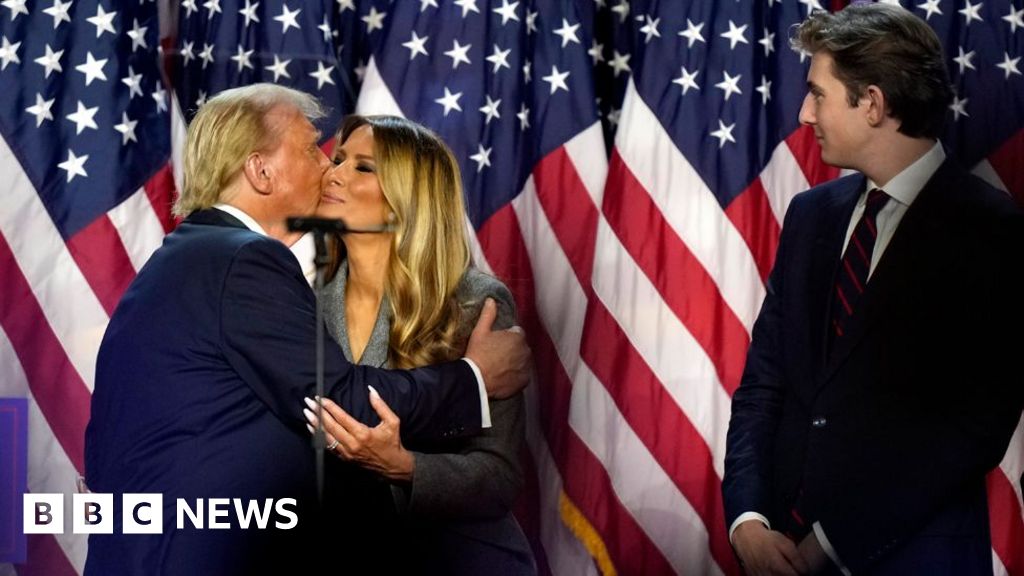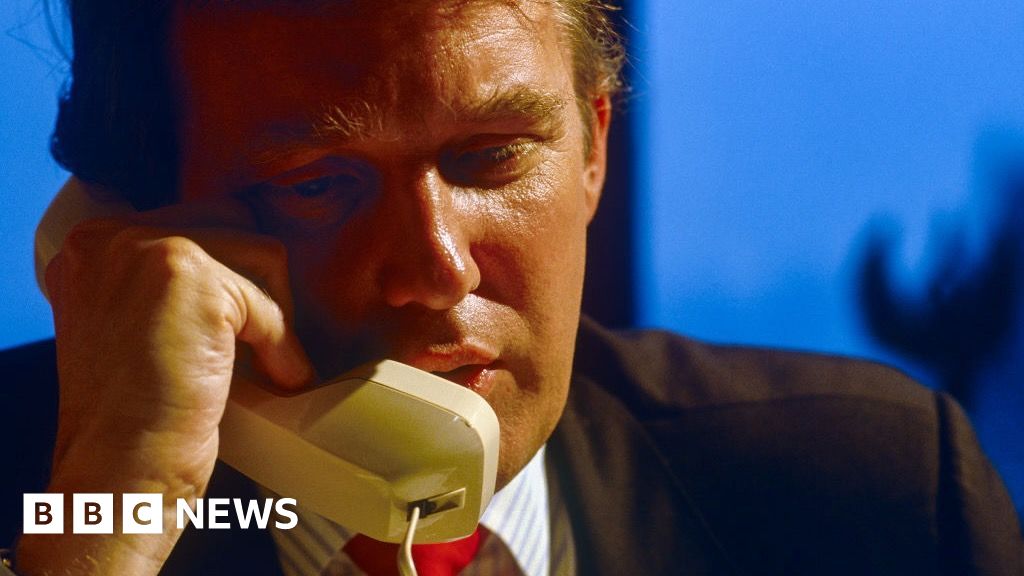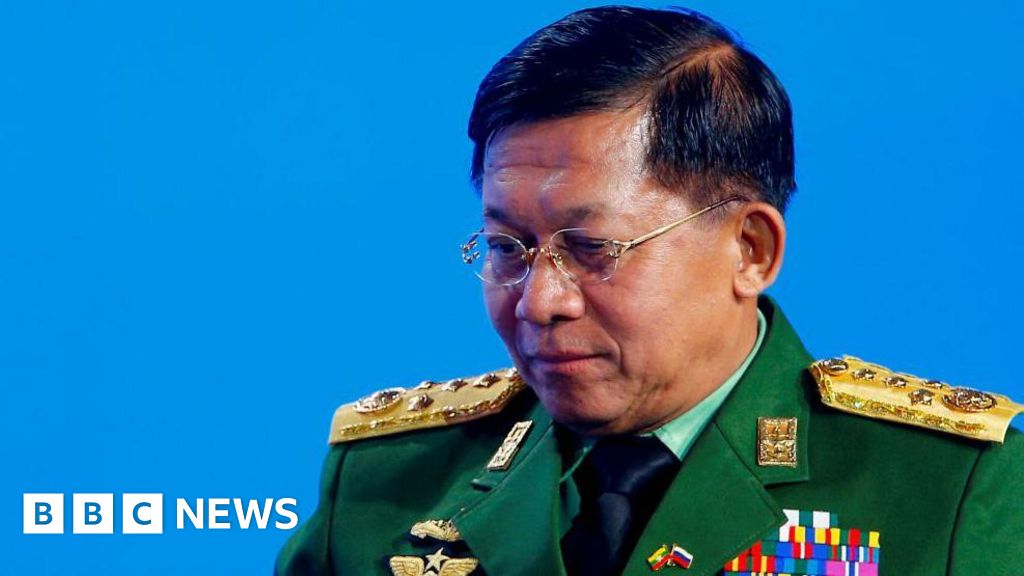ARTICLE AD BOX
 Image source, AFP
Image source, AFP
Gunfire and air strikes were again heard on Tuesday in the capital Khartoum despite ceasefire talks in Saudi Arabia
By Farouk Chothia
BBC News
The number of people displaced inside Sudan by fighting between rival military factions has more than doubled in the past week to around 700,000, a UN agency has said.
The increase in displacements has raised fears of an escalation in violence despite ceasefire talks being held in Saudi Arabia.
Air strikes and ground battles are continuing in the capital Khartoum.
Entire neighbourhoods have become empty as residents flee their homes.
Khartoum had a population of 5.4 million, but the once-peaceful city has been devastated by the conflict that broke out on 15 April.
A resident told the BBC that she heard gunfire again on Tuesday from many directions, and the distant sound of air strikes.
The fighting is between the army and the paramilitary Rapid Support Forces (RSF), led respectively by Gen Abdel Fattah al-Burhan and Gen Mohamed Hamdan Dagalo, better known as Hemedti.
More than 600 people have now been killed and 5,000 wounded in the conflict.
Heavy fighting has also been reported in two cities adjacent to Khartoum - Bahri and Omdurman - and the western region of Darfur.
"Many IDPs [internally displaced people] are sheltering with relatives, while others are gathering in schools, mosques and public buildings," said Paul Dillon, a spokesman for the UN's International Organization for Migration.
Mr Dillon said people were running out of cash, and basic supplies like fuel.
"The ATMs aren't working and the banking system is not functioning. Fuel is difficult to come by and expensive," he added.
Last week, the UN said that about 100,000 people had fled to neighbouring states, and the number could reach more than 800,000 if fighting does not stop.
Representatives of the the army and RSF have been holding their first face-to-face talks in the Saudi city of Jeddah in a bid to negotiate a ceasefire.
Speaking to Egypt-based Al-Qahera News on Monday, Gen Burhan said that a "permanent ceasefire" needed to come into effect in Khartoum before a political settlement could be negotiated with the RSF.
"We can discuss a settlement after we reach a permanent ceasefire in Khartoum," he said.
RSF are in control of much of the capital, with the military's air strikes aimed at weakening its positions and to prevent it from getting reinforcements.

 1 year ago
15
1 year ago
15








 English (US)
English (US)